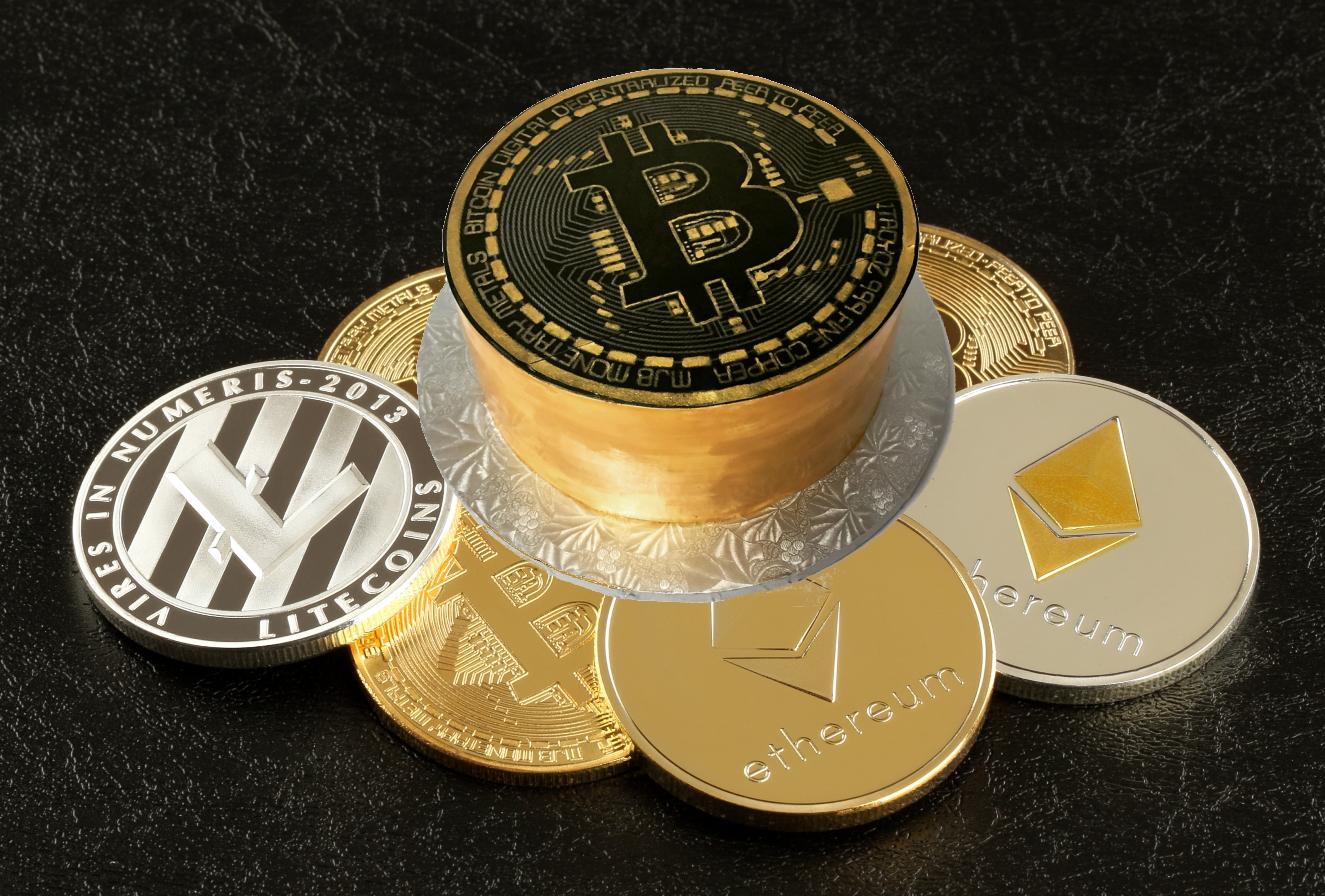If Bitcoin continues to take so much energy 'it will kill the planet'
It could increase global temperatures by two degrees Celsius by 2033

Your support helps us to tell the story
From reproductive rights to climate change to Big Tech, The Independent is on the ground when the story is developing. Whether it's investigating the financials of Elon Musk's pro-Trump PAC or producing our latest documentary, 'The A Word', which shines a light on the American women fighting for reproductive rights, we know how important it is to parse out the facts from the messaging.
At such a critical moment in US history, we need reporters on the ground. Your donation allows us to keep sending journalists to speak to both sides of the story.
The Independent is trusted by Americans across the entire political spectrum. And unlike many other quality news outlets, we choose not to lock Americans out of our reporting and analysis with paywalls. We believe quality journalism should be available to everyone, paid for by those who can afford it.
Your support makes all the difference.Bitcoin, the world’s most popular digital cryptocurrency, is celebrating its 10th birthday. It is also the subject of a new research paper that claims Bitcoin could become the worst contributor to climate change on the planet.
A new paper published in the journal Nature Climate Change, suggests that, if Bitcoin is adapted at a similar pace that other technologies have been adapted, then its trajectory will result in it sucking up more energy than anything else in the world.
Without intervention, Bitcoin mining could alone be responsible for carbon emissions driving the earth to warm by two degrees Celsius by 2033, the paper claims. The two degree-increase is known to have the potential to be a cutoff for environmental health, with catastrophic consequences if and when we reach that level of warming.
Energy-intensiveness is integral to how Bitcoin works. Bitcoins can only come into existence if a computer “mines” them, which means the computer must solve complex math equations, sucking up electricity. Part of the economic draw of Bitcoin is that it cannot be produced easily or cheaply, meaning it is unlikely that it will be mined so quickly that it loses value. There is also a cap on Bitcoin production: there will only be 21 million in total.
Mining one bitcoin “could take as much energy in that transaction to power your house for months”, said Jon Truby, Director of the Centre for Law and Development at Qatar University. “Right now, that’s not sustainable.”
It is hard to predict the future of Bitcoin: it is highly volatile and is sometimes worth less than the amount of money it costs to mine. The difficulty of the equation that the computer has to solve can also make mining bitcoins take more energy. Many economists suggests that the value will increase, and it is possible that technology could also improve mining efficiency in the future. Some argue that cash is also environmentally destructive.
Alternatively, maybe mining Bitcoins will eventually become more efficient and use less energy. “The mining efficiency has been improving quite a lot,” Camilo Mora, lead author of the study, said. “That is because you make more money there. That is something that the mining companies have tried to push hard.”
However, Mr Mora warns that assuming that mining will become significantly more efficient is still a huge risk. “It could be something that happens tomorrow or it could never happen,” he said.
Mr Truby supports cryptocurrencies, which are nearly-untraceable, digital forms of money, but as someone who researches law and sustainability, he argues that governments should regulate this highly energy-intensive process of mining them.
Bitcoin is the most popular cryptocurrency, but there are plenty of other options that require less complex computer equations to solve, and therefore require less energy to mine. Mr Truby suggests that Bitcoin should start using that as a method, and Mr Mora agrees that is a good option. Alternatively, Bitcoin could add more transactions per equation solved.
Mr Truby said: “If we continue like this – yeah, it will kill the planet.”
Join our commenting forum
Join thought-provoking conversations, follow other Independent readers and see their replies
0Comments